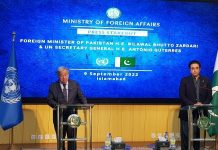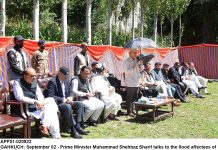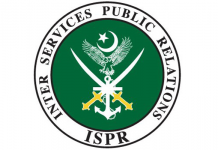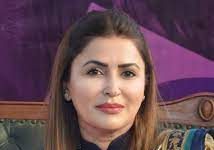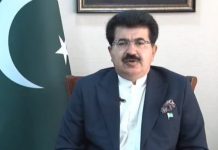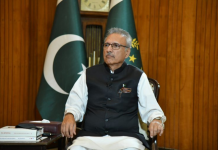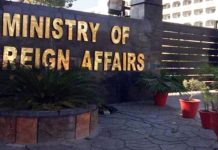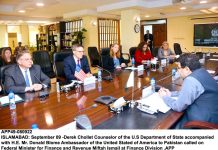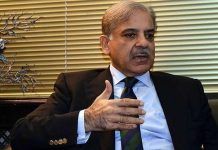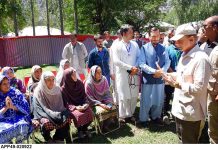In the spirit of celebrating International Women’s Day, Pak-Afghan Youth Forum held an all-female Youth Jirga in order to highlight the success stories apart from the challenges that women face in both Pakistan and Afghanistan.
The event was marked with the presence of women from diverse fields ranging from academia, policymaking, sports, medicine and media. PAYF in series of its regular Jirga’s which are organized bi-monthly, dedicated this Jirga to women specifically which was hosted, moderated and participated by females from all walks of life.
Notable female speakers from Pakistan included Dr Shabana Fayyaz (QAU), Saira Shams (Politician), Dr.Salma Malik (QAU), Dr Sajida Naseem (Public Health Expert), Sana Jamal (media), Javeria Khan (cricketer), Bakhtawar Mahmood (digital media expert). Afghanistan panel comprised of Leeda Karimi (women rights activist), Batol Gholami (founder Youth Assembly), Yasmin Sarwari (religious scholar), and Farzana Hakimi (athlete).
The event titled “Women Leadership and Future Challenges – Sharing Nation Building Processes”, followed various aspects of life of a woman, exploring the different roles that they play in their communities. All the panelists as role models in particular professions, had vast experience to share apart from many odds and challenges. The discussion also explored how outbreak of Covid-19 and the resulting implementation of the lockdown, gave rise to different issues for women in terms of the different areas they work in. During the discussion, it was emphasized that there is a dire need to educate young girls and women for the awareness of their basic rights. It was also highlighted that women need to support each other and how the legislation for various issues is providing strength in terms of women empowerment.
Panelists from Afghanistan shared their experiences and struggles while working from a country which was worst hit by war but despite many uncertainties they chose to move on. Afghan participants stressed upon the role that women play in building societies and how they can optimize the benefits from such roles to increase the number of opportunities that women can access. Need for inclusive development and policies was also highlighted by the panelists.

